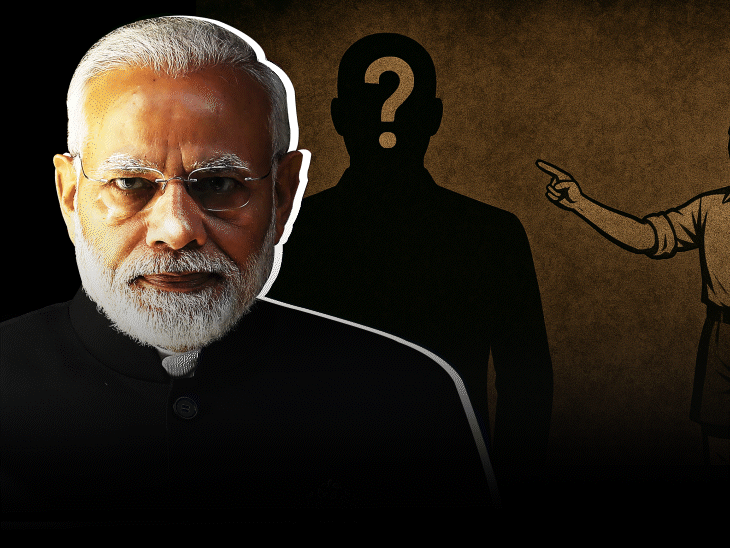Now Reading: Retirement at 75: Congress Questions Age Rule, BJP and RSS Respond
-
01
Retirement at 75: Congress Questions Age Rule, BJP and RSS Respond
Retirement at 75: Congress Questions Age Rule, BJP and RSS Respond

India’s political scene is abuzz over remarks accusing the BJP of applying an informal “retire at 75” norm selectively. Congress has pointed out that while figures like L.K. Advani and Murli Manohar Joshi were sidelined once they crossed 75, the same principle doesn’t seem to apply to Prime Minister Narendra Modi and RSS chief Mohan Bhagwat. The debate touches core questions of consistency, leadership norms, and how age factors into political roles.
What Triggered the Debate
The issue escalated after Mohan Bhagwat made comments suggesting leaders should step aside at 75. Soon after, Congress used those statements to call on PM Modi to follow that norm, given he will turn 75 this year. BJP and RSS have pushed back, saying there is no formal rule or constitutional requirement enforcing retirement at that age.
Arguments from Congress
Congress highlights what it says is a double standard. The party recalls how veteran leaders in the BJP were eased out once they crossed 75, suggesting there was an unwritten rule then. They argue that norms should apply uniformly, not be bent for some while enforced strictly for others. For them, this is less about one person and more about credibility of internal party discipline.
BJP and RSS Response
BJP leaders have said there’s no such fixed “75 rule” in the party’s constitution. The RSS has clarified that comments about retirement age were misinterpreted. Mohan Bhagwat has reportedly said age 75 does not automatically mean stepping down, especially for constitutional, public, or key functional roles. The implication is that leadership should be judged on fitness, continuity, and capability, not just age.
Relevance for Tier-2 Cities
In cities beyond the metros, people see these debates in concrete terms. Voters often respect senior political figures, expecting experience and stability. But inconsistent norms can erode trust. If citizens believe rules apply arbitrarily, that can affect how they view fairness and transparency in political parties. Also, in Tier-2 cities, generational change and youth voices are growing; discussions about age limits feed into broader aspirations for change and representation.
What’s at Stake
The “retirement at 75” discussion isn’t just about age. It’s about how political parties set norms, how they speak about experience vs renewal, and how decisions are made visibly. For some, clear norms provide predictability; for others they may stifle effective leaders just because they pass a certain benchmark.
Conclusion
The retirement-at-75 controversy is part of a larger conversation about leadership, norms, and fairness in Indian politics. Congress is using it to question BJP’s internal consistency. BJP and RSS are resisting a hard and fast rule, insisting on flexibility. For many citizens, especially in Tier-2 cities, this debate matters more than just politics—it reflects how power, age, and respect intersect in governance.

























